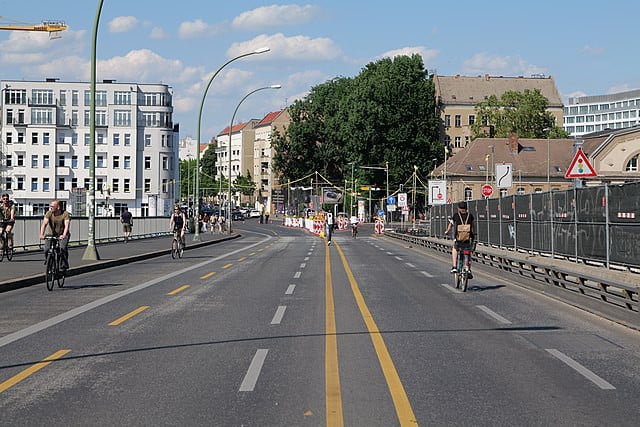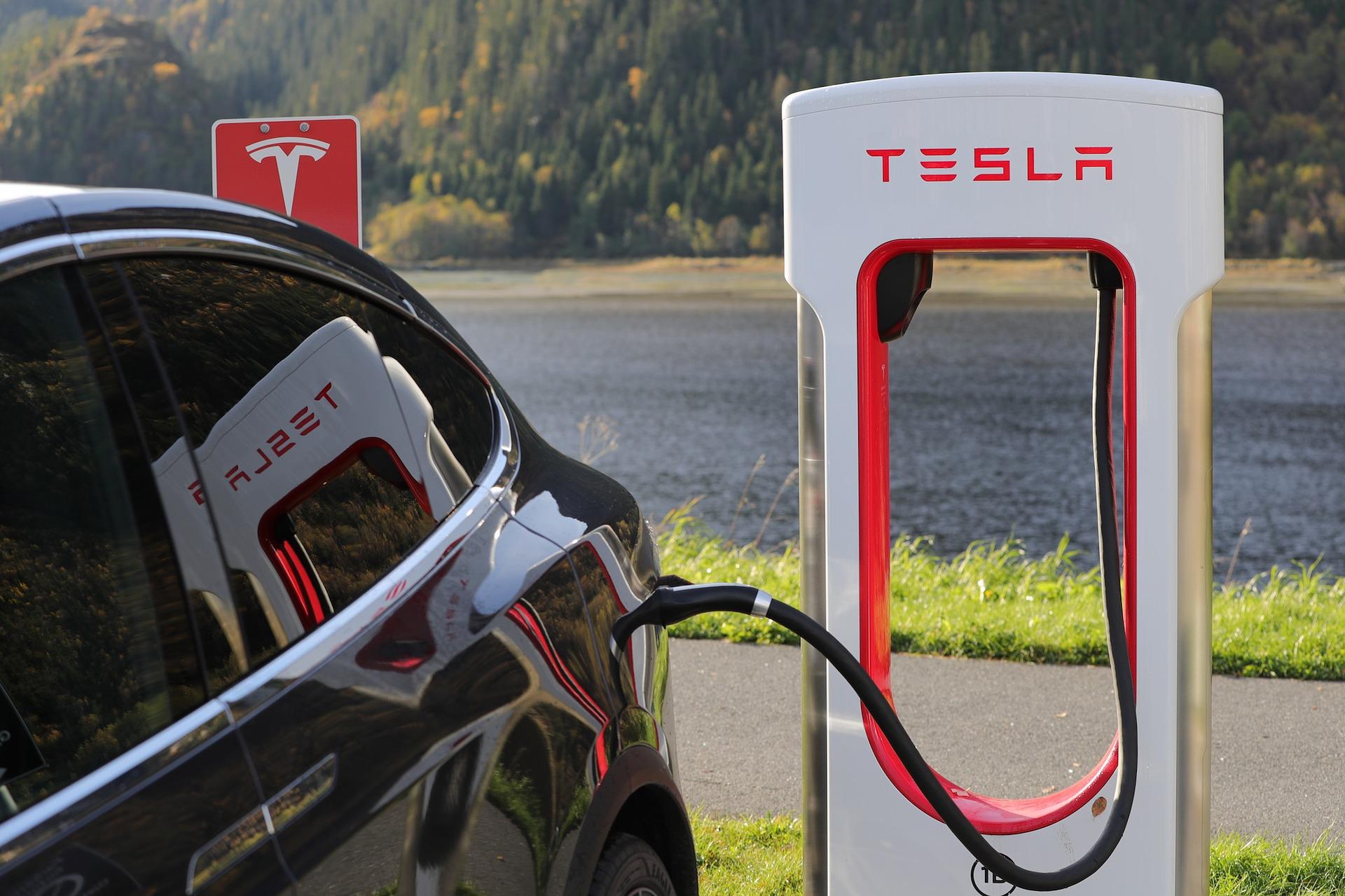But it could never stand alone

This week, I stumbled over the news of a proposed car ban in Berlin. Let me backtrack a bit. Some time ago, I wrote a piece where I claimed that Berlin has decent transit systems. This makes owning cars almost obsolete.
I understand, that it depends on where you live in Berlin. Some of the areas are more reachable than others. There is room for expansion. But the downtown area inside the famous S-Bahn Ring has excellent public transport. There really isn’t a need for a car to get yourself around.
Among friends and colleagues, I have even argued for a car ban inside this zone for good. What I didn’t know was that I am not alone in thinking so. In fact, a citizen’s initiative has managed to push a law bill to the Berlin senate proposing exactly that.
This is an achievement in and of itself. For now, the bill is on hold, though. The Berlin senate issued concerns that such a wide-ranging bill infringes on the constitutional rights of citizens.
The senators cite Article 2 from the German Basic Law.
(1) Every person shall have the right to free development of his personality insofar as he does not violate the rights of others or offend against the constitutional order or the moral law.
This is a valid argument. It should be up to people to decide if they want to drive a car or not. It should be an individual choice to visit your friends by car, bike, or any transport method you choose. An outright ban would therefore infringe on this liberty.
What about my right to a healthy life?
However, there is also subsection 2 of that same article.
(2) Every person shall have the right to life and physical integrity. Freedom of the person shall be inviolable. These rights may be interfered with only pursuant to a law.
A counterargument would be that individualized motor traffic puts people in harm’s way from the effects of pollution. There is strong documentation for it. In fact, a new study published in The Lancet finds that pollution kills 9 million people a year. There is also extensive research on the harmful health effects that noise pollution in cities causes.
On this basis alone, we can make strong arguments in favor of a ban. When we banned smoking in public places, the courts did not find that it violates the constitution either.
If I live in a city I can not choose whether or not to inhale the toxic air or not. Nor can I choose, that traffic noise disrupts my sleep at night.
Motorized traffic, therefore, infringes on the right to life and physical integrity.
Even if we do not include pedestrians and cyclists that die as a result of accidents in traffic.
I understand the possible constitutional conflict in such a law.
This has to be for the courts to decide. But kudos to the initiators for even pushing the issue that far.
The car ban looks great on paper, but…
Personally, I support the initiative. The petition took place before I moved back to Germany. So I missed it. I’d have signed in an instant.
I am afraid, though, that the issue goes deeper than that.
Let us assume, for a moment that the courts favor the initiative.
Let us also assume, that the senate then decides to pass the legislation.
Both assumptions are nowhere near guaranteed. But for the sake of argument, we leave them here.
Would such a ban bring about the green mobility revolution? After all, this is what some of the proponents argue.
… A car ban does not absolve us from investing in sustainable transport infrastructure
I don’t think so. At least not in and of itself. The premise for people switching to alternatives is, that these alternatives exist.
If I should rely on the bike to commute, I need good bike infrastructure.
In my case, taking the bike to work would not be an option. Not because of the distance. But because I would have to bike along some major commuter roads that lead into the city. Most of these have no bike lanes. A far too risky undertaking.
For the last couple of weeks, I have used bike-sharing whenever I went into the city center. The situation is slightly better, but not much. It is only around Alexanderplatz, that the bike lanes start to become quite good. Outside the S-Bahn Ring, they are inadequate. There would be no gain here.
What about commuters, who live further outside the city? Many rural areas around Berlin are severely under-served by public transport. For these people, the car is the only option. An alternative would be to drive to a transport hub in a suburb, leave the car and continue by public transport. But very few of these Park + Ride facilities exist at the moment.
I have seen good examples in Hamburg. The last time I visited, I left the highway, entered a huge parking garage by a subway station, and took the subway. I paid a measly 1 Euro to leave my car in the garage for the entire day. These kinds of facilities would need to exist everywhere.
Conclusion
The proposed car ban would not do the trick. To get the mobility transformation we deserve, we would still need to invest massively in public infrastructures, such as bike lanes and public transit capacities. And I do think, that we should integrate ride-sharing offers such as e-scooters and bikes into the transport system as well.
Imagine, if I could pay a monthly subscription, and use any service I desire at any given time. I would be willing to dish out a premium for my current season ticket for that privilege.
A car ban like the proposed would send a powerful signal, though. It would be a great asset to public health. And a strong statement for the mobility revolution. That is why I still support it. Even if the hopes of it getting through are very slim.




